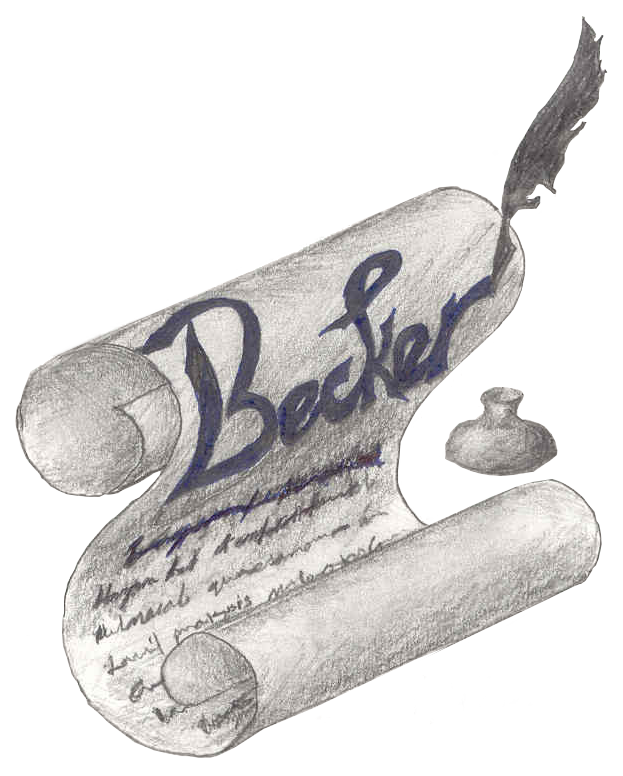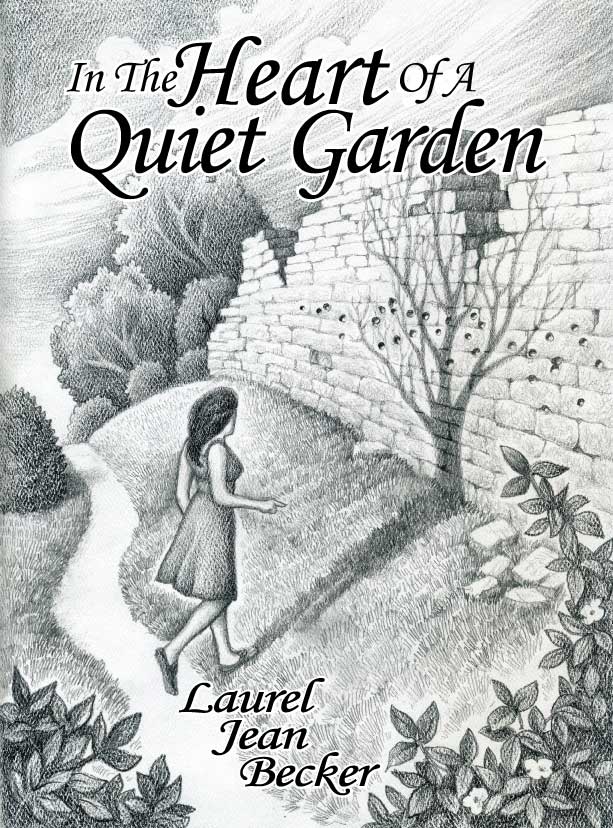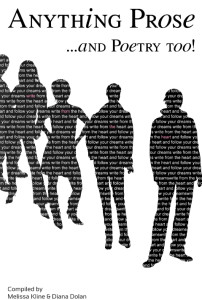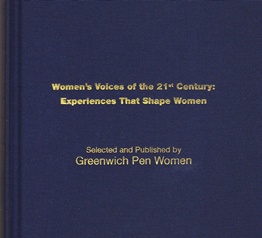On my way to meet with my writing group, I grabbed my favorite travel mug—the one with a broken handle. The picture of a skull with a broken jaw immediately popped into mind. Oh yeah I thought and began laughing. I’m working on a murder mystery, and there’s no telling where the mind will travel when it’s cooking a mystery.
Back to the broken mug. It’s the one with pictures of bookshelves on it. I love the warm color of the books wrapped around it and the way it feels in my hand—tall, narrow and lightweight—easy to hold. A thoughtful friend bought it for me, and I liked it so much I immediately went out and bought three more. Over the years, only two have survived—one minus a handle.
Which brings me to the point. Broken can sometimes be a useful state. What makes my broken mug better? Without the handle, it fits in my car’s cup holder. As I drove across town, I continued to mull over the cup and the metaphorical usefulness of being broken.
Practically everyone I’ve known has suffered tremendous loss: death of children, spouses, parents; divorce; loss of jobs, homes and security; and ill health. Let’s face it, life is full of potential for loss, and by the time we’re older most of us have accumulated a considerable amount. God does not cause the pain in this world. Life does. However, as with my useful mug, God can engage our broken hearts constructively—to help others, to teach us, to help us understand our need for Him. II Corinthians 12:9 reminds us: “My grace is sufficient for you, for my power is made perfect in weakness.”
My first heartbreak came in childhood, but I’ve had a few since then, too. Sometimes I’m grateful for brokenness—but not all the time. If I am occasionally inclined to wail, “Why me?” I remember what I learned from a friend and remind myself, “Why NOT me?” I don’t know anyone who hasn’t suffered events that left them broken (and sometimes bitter)—at least for a while. Hearts can become bitter or hardened if we’re not careful. Someone once told me that hardening of the heart could age people more quickly than hardening of the arteries. I’m not sure if that’s true, but it’s an interesting idea. We must work to keep our hearts open by dealing with our brokenness, and the emotional fallout, using a constructive, healthy approach. Still, wouldn’t most of us rather be 100% whole all of the time? I know I would!
Though life can be difficult and painful at times, purpose and growth can be found in the pain, and much resilience and perseverance in carrying on. Plus, there is gratitude for the broken mug—and broken heart—that sometimes is a better fit. Just like my broken mug fits better in my car’s holder, I know my broken heart fits better into the human community and my Life Holder’s plan.








I so appreciate the comments from my readers. It gives me the opportunity to hear your voices and learn from each of you. Thank you!
Laurel manages to observe life lessons and find their meanings in obscure everyday events. Touching and valid guides for all of us to ponder and learn from.
It is so true that our weaknesses are what bind us together and help us to realize that God does not intend for us to do this life on our own. I know that I need God in my life as well as “God with skin on” to make it through both the good times and the tough times. I am so grateful for the people in my life that have been there as “God with skin on” as they have made my life bearable at times when it has felt unbearable.
I so appreciate your blogs as they add such wonderful visual pictures to our human experiences.
We are all broken, but you always do such a good job of finding the beauty and value in brokenness.
A lovely metaphor in this post, Laurel, linking a favored broken mug with the heartbreaks we each encounter in life. It made me think — always a good sign!
Thanks so much for including me in your list of readers. You have a good point. A recent conversation referred to someone’s “demons” and it occurred to me that I don’t have any. How fortunate I am. But the fact is that it’s a matter of how we deal with the breakage in our lives that makes the difference, isn’t it?
I find that some brokenness is so minor I hardly remember it later. But, some hurts linger on…Kinda like if in breaking your cup handle part of the lip of the cup came with the break. Now the cup is useless until someone comes along and glues it all back together. You can still see the break but the cup is now useful.
There are two up sides to adversity, in my opinion.
Other things that seemed difficult before the adverse event feel trivial after. Life becomes easier for a bit after dealing with the adversity.
Adversity also allows you to feel compassion for others. Empathy is fed by experiences, perhaps more so bad than good. Someone who has never been marginalized might not understand why it’s such a visceral experience, for example.
We all have scars–broken skin–and when we don’t pick at them, they heal. Like your metaphor broken mug, scars may have greater strength when healed than the skin was before the wound.
A nice metaphor, nicely handled. (no pun intended!) Maybe we need life to chisel away at us so that we square pegs can be more comfortable on our round holes.